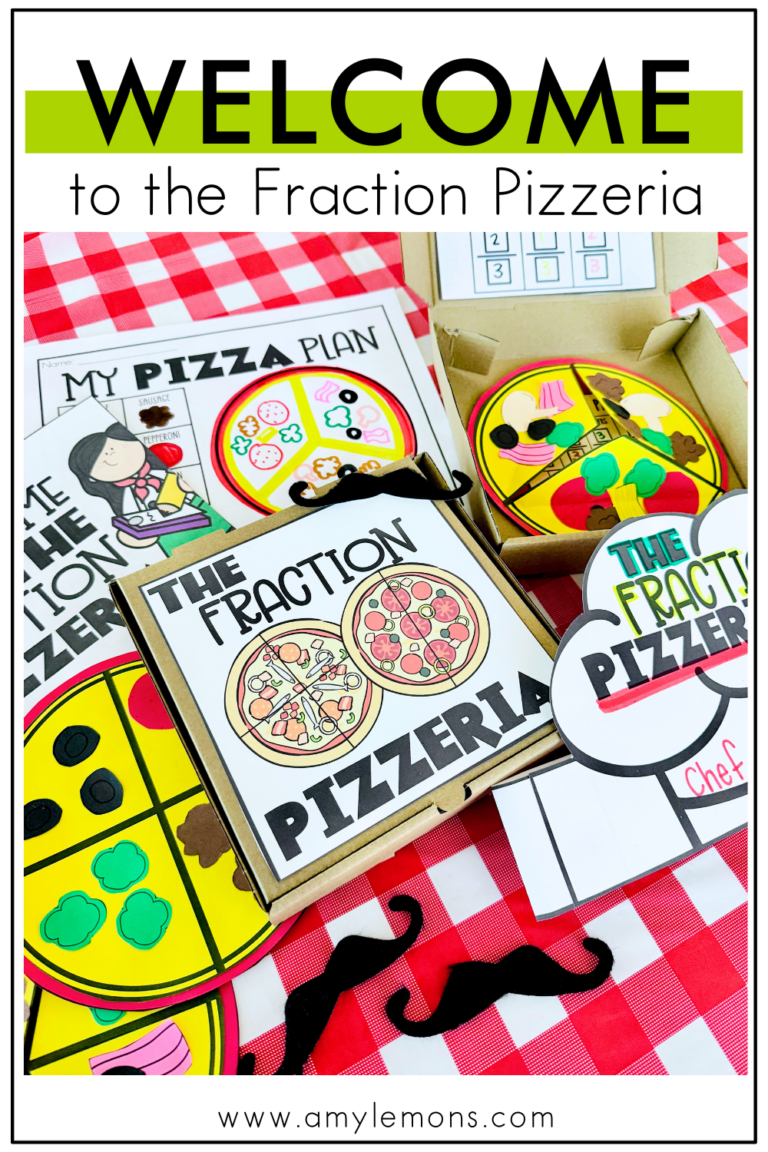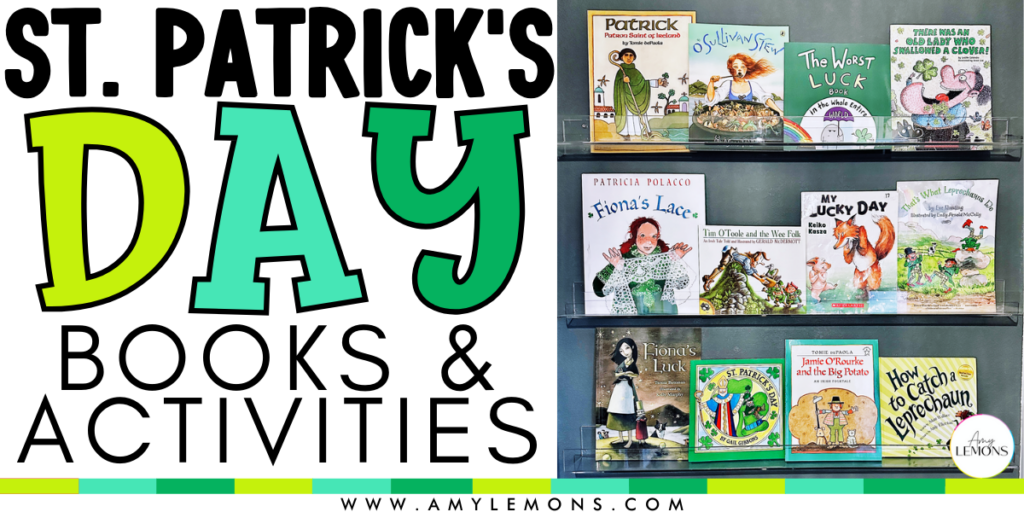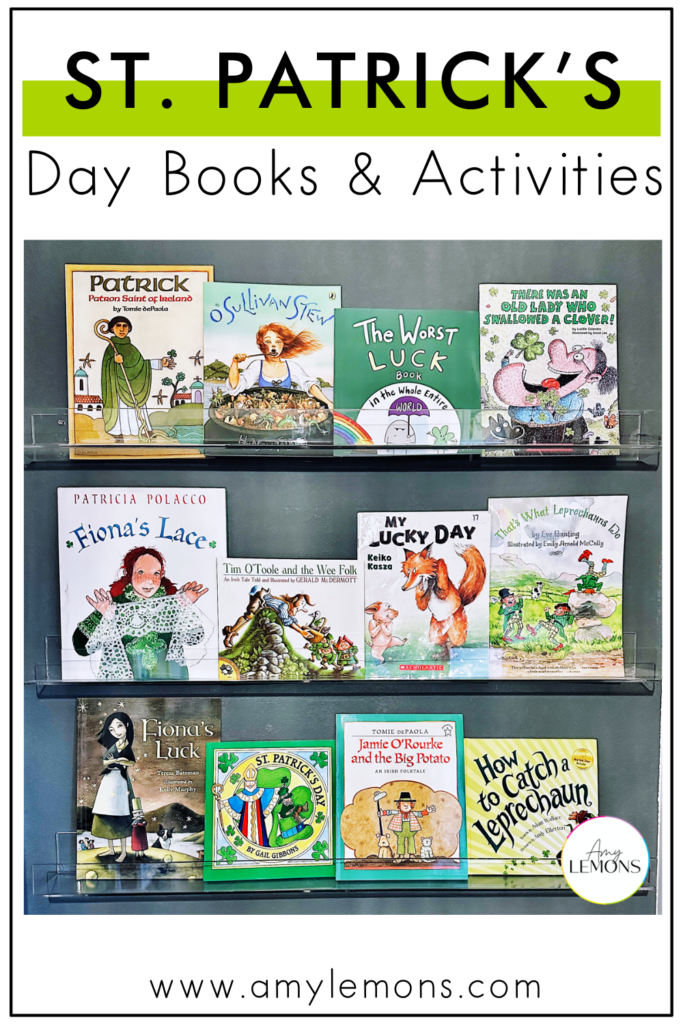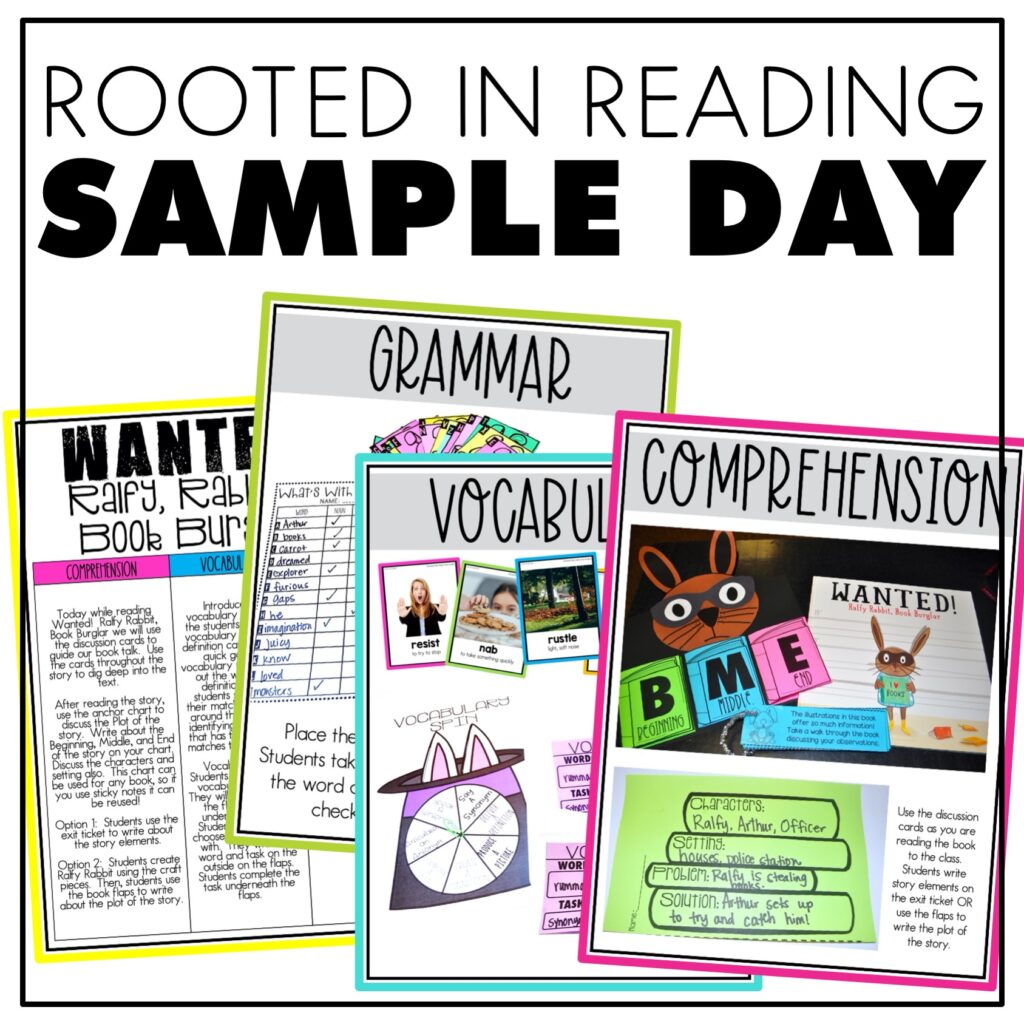
In case you didn’t know, elementary students love all the colorful, mischievous, and silly elements that make St. Patrick’s Day so popular! Though these fanciful elements hook our students’ attention, learning about Irish culture and traditions is an important part of it too. There are many St. Patrick’s Day activities for school that will help all those elements come together.
Here are a few teacher-loved St. Patrick’s Day activities that incorporate important holiday elements while teaching essential skills. Pair these with a few loved St. Patrick’s Day books!
{Disclaimer: Affiliate links have been used in this post but I only share books I actually read and enjoy!}

Exposing students to other cultures and experiences is so important outside and inside the classroom. Instead of diving right into rainbows and pots of gold, it’s a great idea to teach students about Irish folktales.
Irish folklore is an important part of Irish culture and a unique way to let students in on what’s happening in a world different than their own. Not to mention, that’s how we learned about leprechauns!
Fiona’s Luck is an Irish folktale-inspired story that has all the components needed to both introduce students to this cultural symbol and teach students how to identify the characteristics of a folktale.
Before and after reading the story, guide your students through a lesson on folktales. Use a folktale poster as a visual for identifying folktale types and characteristics.
As students are reading, have them identify the folktale characteristics they notice throughout the book. You can use a simple flapbook for students to organize their ideas.
For more reading activities featuring Fiona’s Luck, check out our special edition Fiona’s Luck Rooted in Reading lesson plans and comprehension unit.
Jamie O’Rourke and the Big Potato is another Irish folklore-inspired read. The main character is a lazy man named Jamie O’Rourke. He was too lazy to do anything, even helping his wife tend to their farm. But a chance encounter with a leprechaun leads to something big.
Each character in the story has distinct personalities that are seen throughout the story. Students can observe these characters as they read and then detail their character traits at various moments within the book.
As students identify Jamie’s character traits, they can observe how his character may or may not change throughout the story. They can detail this character at the beginning and end of the story to show any changes they observed.
In the beginning, Jamie is lazy and unhelpful. Did this change at the end? What challenges did he face? How did they affect his character and role in the story?
Allow students to ponder these questions as they retell the story and analyze the characters.
For more activities featuring Jamie O’Rourke and the Big Potato, check out our digital and printable St. Patrick’s Day Fiction and Nonfiction Reading Activities pack.
Now, St. Patrick’s Day wouldn’t be complete without the appearance of those mischievous leprechauns. That’s What Leprechauns Do is a perfect read-aloud for keeping up with their hilarious shenanigans which means students will love this book and whatever lesson accompanies it.
Because the personalities of these conning figures are so prominent, this book is perfect for guiding a lesson on character traits. Identifying these characters’ feelings, values, strengths, weaknesses, etc. is easy for students to notice while reading this story because their shenanigans are so vividly displayed.
Begin your lesson with a visual to help define character traits, such as a digital poster. Using prior knowledge, students can first, describe what they think leprechauns are like. After finishing the story, students can detail the leprechaun characters and the traits they noticed about each.
Afterward, you can have a brief discussion about what they initially thought about leprechauns and what they learned about them in the story. In addition, students can recall parts of the story, like the setting and their favorite parts.
For additional activities featuring That’s What Leprechauns Do plus more, check out our 2nd Grade Rooted in Reading lesson plans and comprehension activities for March.
The Worst Luck Book is an interactive read that works great for fun reading time with your students! The infamous rock, Nameless (from the Entire World Book series), is stuck in the unluckiest place in the world…according to them.
The themes often associated with St. Patrick’s Day – leprechauns, clovers, pots of gold, rainbows, etc. – represent an amusing side of the holiday. The book is very expressive and engaging much like that but with a humdrum main character that makes it hilarious. In the story, a curious clover needs Nameless’ help finding the end of a rainbow!
The rainbow is a kid-favorite St. Patrick’s Day symbol and a wonderful choice to accompany this read.
Students can model the fun with a rainbow math craftivity. With the rainbow math activity, students will solve word problems to earn the pieces for a rainbow craft.
How it works:
The rainbow represents a part of the fun of St. Patrick’s Day while also serving as an incentive for practicing essential math skills.
This Rainbow activity is our Solve to Create a Rainbow unit.
Here’s an activity that can be paired with any of the books mentioned in this post or others you have in your classroom library. This free pot of gold drawing adds a creative touch to your St. Patrick’s Day Activities for school!
For more Spring-inspired activities, check out these 5 refreshing Spring activities for the classroom.


Hey, y’all! My name is Amy Lemons and I am passionate about providing students with both engaging and effective standards-based Math and ELA lessons.

Sample a day of Rooted in Reading with these lesson plans and activities for Reading Comprehension, Vocabulary, and Grammar!